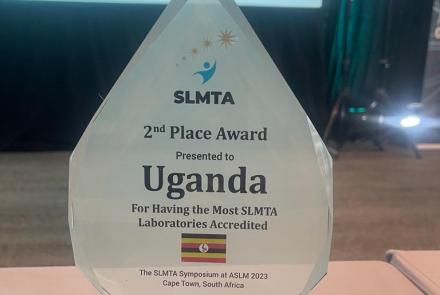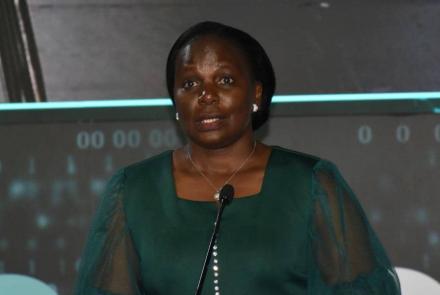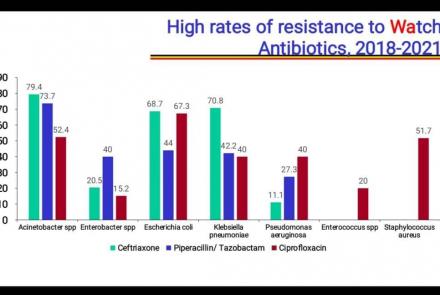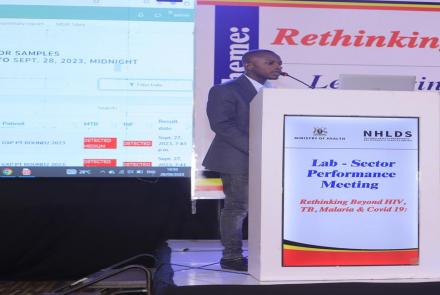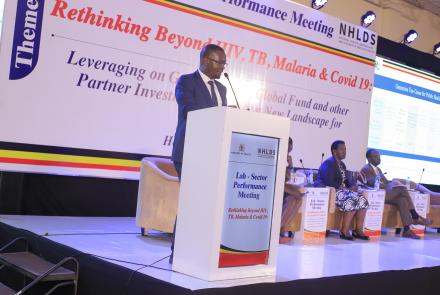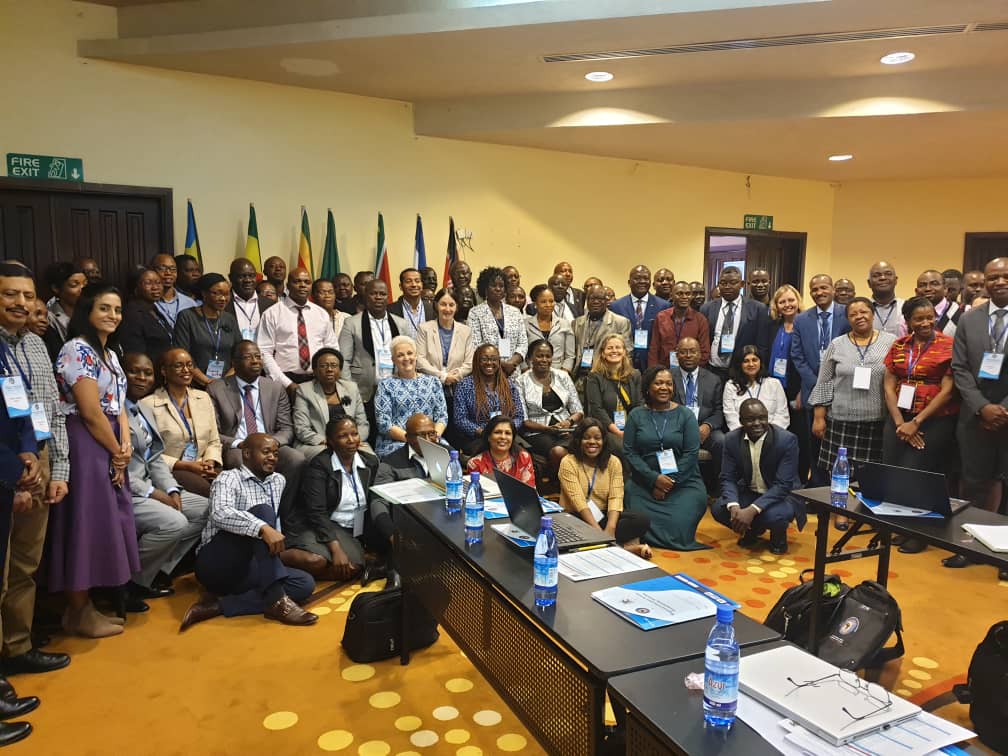
REGIONAL LABORATORY SYSTEMS STRENGTHENING MEETING TO SCALE UP VIRAL LOAD AND EARLY INFANT DIAGNOSIS SERVICES
KAMPALA – 1st July 2019 - Laboratory experts from 13 countries across East, Central and Southern African Health Community as well as participants from Sierra Leone and Nigeria, have convened in Kampala to share best practices, experiences as well as facilitating south to south collaboration and exchange of knowledge towards the attainment of the UNAIDS 90-90-90 goals by 2020.
The 3-day meeting has been held under the theme: ‘Building resilient laboratory systems in Africa to rapidly scale up VL and EID services to reach UNAIDS 90-90-90 targets by 2020’.
While opening the meeting, Minister for Health Dr. Jane Ruth Aceng said that efficient laboratory systems are a critical component of any functional healthcare delivery system, since they enable timely disease diagnosis, prognosis, and surveillance.
Hon. Aceng was however sad to note that laboratory systems in developing countries are particularly weak due to inadequate funding. “HIV funding has presented unprecedented opportunity for building health systems including laboratory systems. If in the process of setting up HIV services, we build overarching health systems, we would help to solve some
other health challenges, because our health needs go far beyond HIV or some other diseases that receive focused funding.” She added.
She noted that as funding from global stakeholders keeps dwindling, there is need to devise
service delivery models that are cost effective, sustainable, and support the wider needs of our health system, adding that centralized EID and VL laboratory system is such a model, because the associated infrastructure and systems like the sample transport system, and the Laboratory information system which are built alongside, support the wider needs of the health system.
US Ambassador to Uganda Deborah Malac says that with the establishment of PEPFAR in 2003, Uganda became a focus country for the program while CDC began supporting the implementation of HIV prevention, care, and treatment services. This, she says, enabled for great success in the response―not only in Uganda but across countries, including the ones represented at the meeting.
“PEPFAR has invested in Uganda’s fight against HIV where laboratory strengthening, sample transport optimization and viral load monitoring are core. I am happy that our efforts are yielding significant progress towards achieving the ‘third ‘90’ that has seen viral load coverage increase from 21% in 2014 to over 81% by March 2019.” She noted.
The regional meeting attracted laboratory experts from Uganda, Kenya, Tanzania, Malawi, Zimbabwe, Zambia, DRC, Ethiopia, Lesotho, South Africa, South Sudan, Sierra Leone and Nigeria, with support from WHO, PEPFAR, The Global Fund, ECSA-HC, and ASLM.


